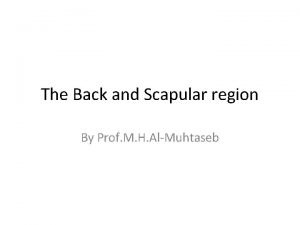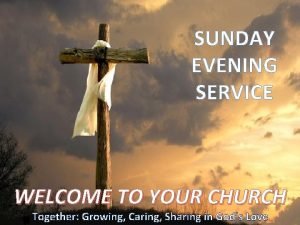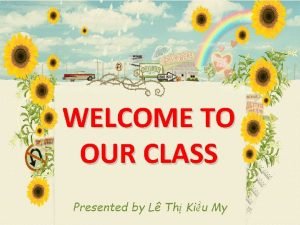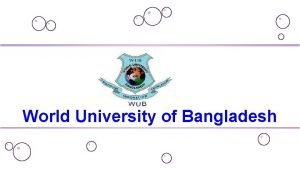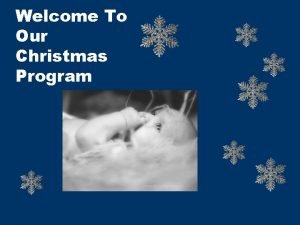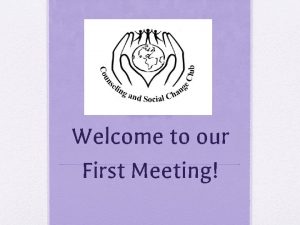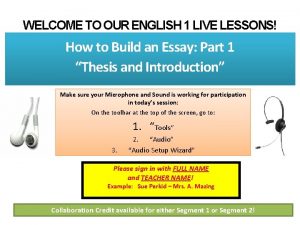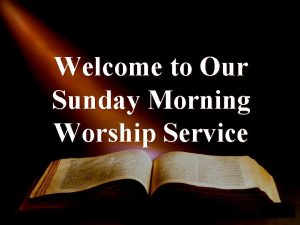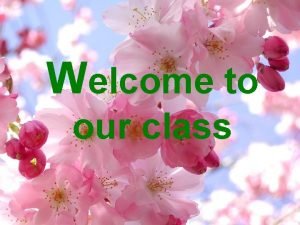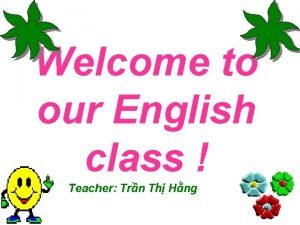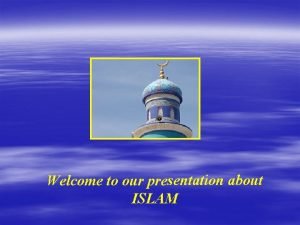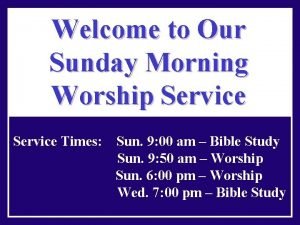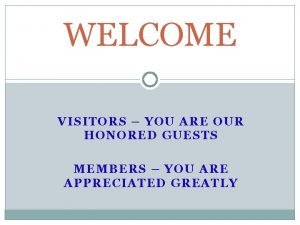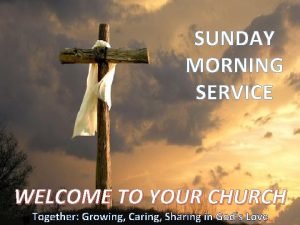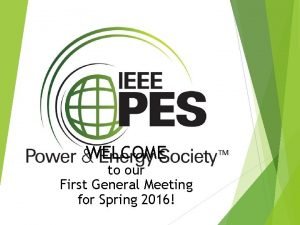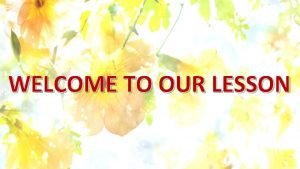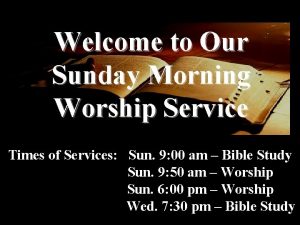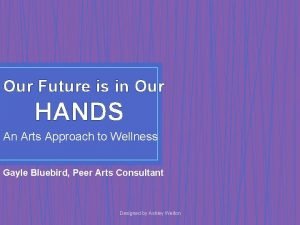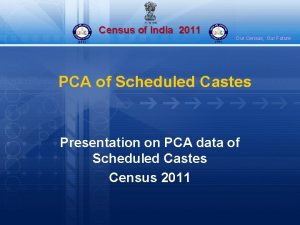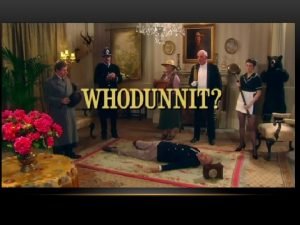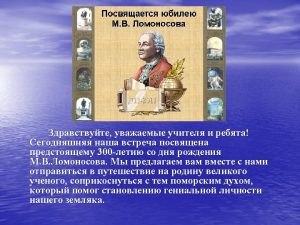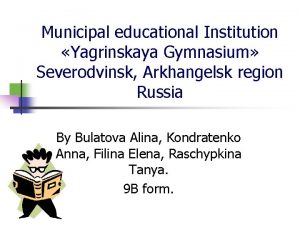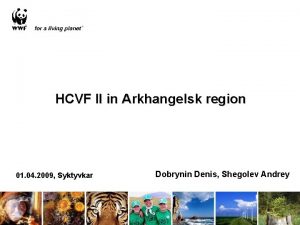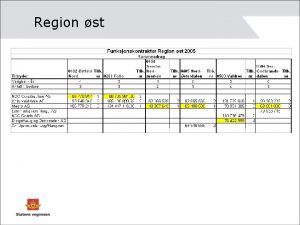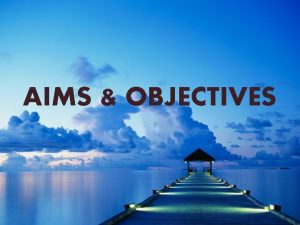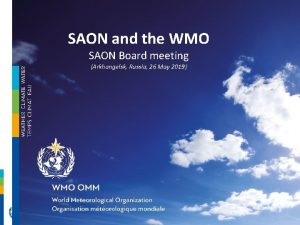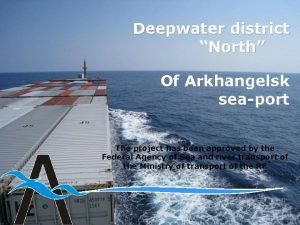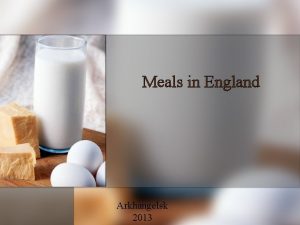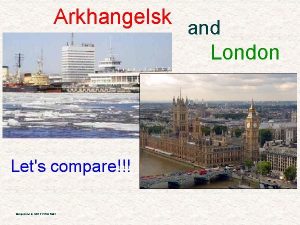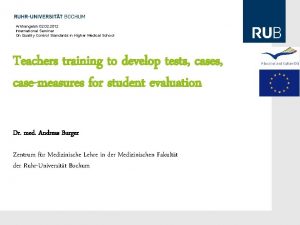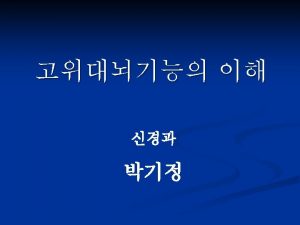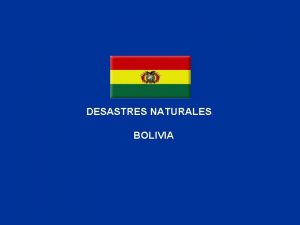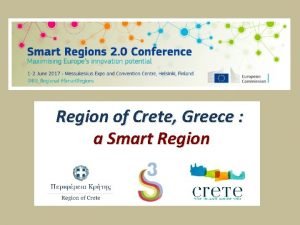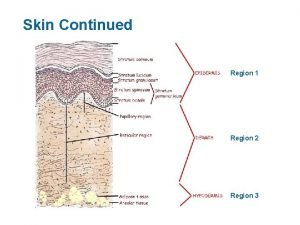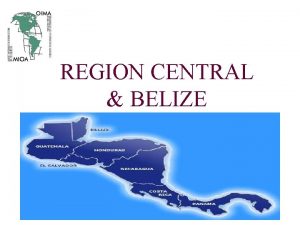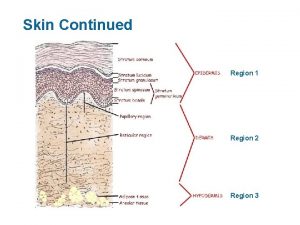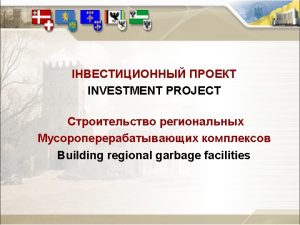WELCOME TO THE ARKHANGELSK REGION Our aims to














































- Slides: 46


WELCOME TO THE ARKHANGELSK REGION

Our aims: • to learn our region • to find interesting places in our region • to learn to appreciate our region • to get acquainted with famous people

The Arkhangelsk Region lies in the North-European part of Russia. It has an area of 587. 4 thousand square kilometres and is one of the largest in Russia. It is bigger than France and six times the size of Bulgaria. The population of the Region is only 1. 5 million people ©Никитина С. А. , Горшкова Е. В. , Сиргиенко Л. В. 2007 г.

Wish you were here. The Solovetsky Archipelago (Solovki) is situated in the White Sea and consists of six large and over 100 smaller islands. Solovki is justly considered to be the gem of the White Sea. It is unique in its nature and historical background. The main tourist attraction of the archipelago is the Solovetski Monastery founded at the beginning of the 15 th century by two monkshermits Sawati and Zossima.

Wish you were here. Tourists coming to Arkhangelsk cannot leave it without visiting the outdoor Museum of Wooden Architecture and Folk Art in Malye Karely. It is situated in a picturesque place not far from Arkhangelsk. Visitors can see wooden churches, peasant log houses and other farm buildings, such is bams, wind-mills and bathhouses.

Wish you were here. The ancient town of Kargopol, once the busy and prosperous way to the Northern territories, has become in modern times a museum town known for its superb architectural monuments of the 16 th-18 th centuries. The beauty of its churches attracts tourists from all over the country as well as from abroad. Popular souvenirs from the area are famous Kargopol toys: figurines of native people, animals or genre scenes made of clay and attractively painted.

Wish you were here. The Antoniev-Siysky Monastery is located in a picturesque landscape amidst beautiful lakes.

Wish you were here. Yemetsk is a small town, the birthplace of Nikolay Rubtsov, a well-known Russian poet.

Wish you were here. Verkola, a small village in Pinezhski District, is the place where Fyodor Abramov, a well-known writer, was born and spent his childhood. A museum of Fyodor Abramov was set up in the local school, which he attended as a boy. The monastery of St. Artemi of Verkola founded in 1645.

Wish you were here. M. Lomonosov's housemuseum was set up in the village of Lomonosovo near Kholmogory. Museum exhibits tell the visitors about different periods in the scientist's life and different spheres of his interest.

CONCLUSION: There a lot of beautiful places in our region, which attract tourists. And we hope all people can afford a holiday in the Arkhangelsk region.

A chemist, a physicist, an astronomer, a historian, a geographer, a geologist, a linguist, a poet, a painter. Are all of these words about M. V. Lomonosov?

A. S. Pushkin: “Lomonosov was a great man…. He founded the first Russian University; or to express it more correctly he himself was our first university. ”

We think: Our literature, chemistry, physics, astronomy, geology, geography, history, painting begin with Lomonosov, he was their father and mother, he was their Peter the Great.

Pages of his life v. Birthplace of Lomonosov v. Journey to Moscow v. Studying in Germany v. Returning to St. Petersburg (1742) v. The first University in Moscow (1755) v. An outstanding Academic

Our great compatriot M. V. Lomonosov was born in a fisherman’s family in the village of Denisovka near Kholmogory, Arkhangelsk Gubernia.

At an early age Mikhail learned to read and write through church books. He also acquired some knowledge from three very good books. They were Melenti Smirnitski’s Grammar, Leonti Magnitski’s Arithmetic and Simeon Polotski’s Psalter in Rhymes – his famous “gates of learning” as he called them.

He wanted to study and when he was 19 he went on foot to Moscow. He decided to enter the Slavic. Greek-Latin Academy.

He entered the Slavonic-Greek –Latin Academy. In a short period of time Lomonosov mastered Latin and Greek and acquainted himself with ancient and contemporary European literature and science.

He was a bright pupil and together with two other students he was sent to Germany to continue his education.

While abroad Lomonosov studied philosophy, physics, mathematics, chemistry and foreign languages.

He returned to St. Petersburg in 1742 and four years later was a full member of the Academy.

A brilliant scholar, a man of strong will and keen intellect, M. V. Lomonosov distinguished himself in many branches of learning: chemistry, physics, mining, metallurgy, astronomy and navigation. In most of them he was ahead of his time.

He was founder of the Russian materialistic philosophy, the author of the first Russian Grammar, which laid the basis for the scientific study of the Russian language.

M. V. Lomonosov fought for Russian science. In 1755 he founded the first Russian university in Moscow.

Towards the end of his life M. V. Lomonosov was elected honorary member of the Stockholm and Bologna Academies.

history poetry chemistry electricity physics the work in the Academy painting geography geology astronomy linguistics

We came to the following conclusion: M. V. Lomonosov is widely known and greatly honoured in the whole of Russia and in the Arkhangelsk Region in particular.

How Well Do You Know M. V. Lomonosov?

1. In what year was M. V. Lomonosov born? • 1764 • 1716 • 1711 • 1692

2. M. V. Lomonosov was born in what town or city? • Arkhangelsk • Denisovka • Kholmogory, • Emetsk

3. The names of Lomonosov’s mother and father were: • Maria Petrovna and Ivan Vasilievich • Nataliya Anatolievna and Alexey Pavlovich • Olga Vladimirovna and Andrey Igorevich • Elena Ivanovna and Vasilii Dorofeevich

4. What books did he read? • Melenti Smotriski’s Grammar, Leonti Magnitski’s Arithmetic and Simeon Polotski’s Psalter in Rhymes • Shakespeare’s poems • Pushkin’s stories • Griboedov’s comedies

5. How old was Lomonosov when he went to Moscow? • 19 • 20 • 21 • 22

6. M. V. Lomonosov attended : • the Slavic-Greek-Latin Academy • the first Russian university in Moscow. • Church school • School № 45 in Arkhangelsk

7. Where did he study abroad? • in Germany • in England • in Spain • in Italy

8. Why was he sent abroad ? • he was a bright pupil • he had enough money • he had relatives abroad • he was a married man

9. Lomonosov built a… • telephone • telegraph • camera • telescope

10. When and where did he found the first Russian University? • In 1735 in Pskov • In 1745 in Arkhangelsk • In 1755 in Moscow • In 1765 in St. Petersburg

11. Who wrote the first scientific grammar of the Russian language ? • Pushkin • Peter the Great • Lermontov • Lomonosov

12. What did Lomonosov write ? • novels • sonnets • reports • poems

13. What was Mikhael Lomonosov ? • a chemist, a physicist, • an astronomer, a historian, • a geographer, a geologist, • a linguist, a poet, • a painter, a statesman

Keys to the questions: 1. 1711 2. Denisovka 3. Elena Ivanovna and Vasilii Dorofeevich 4. Melenti Smotriski’s Grammar, Leonti Magnitski’s Arithmetic and Simeon Polotski’s Psalter in Rhyme 5. 19 6. the Slavic- Greek - Latin academy 7. in Germany 8. he was a bright pupil 9. telescope 10. In 1755 in Moscow 11. Lomonosov 12. poems 13. - a chemist, a physicist, - an astronomer, a historian, - a geographer, a geologist, - a linguist, a poet, - a painter, a statesman.

We can advise you: To be proud of our countryman and develop his theories. To get profound knowledge at school and become an outstanding manysided personality.

Authors: Sorvanova Antonina Pavlovna, Pushkina Marina Anatolievna, pupils of the 8, 9 -th forms School № 45 Arkhangelsk, 2011
 Wise men three clever are we
Wise men three clever are we Subscapular artery anastomosis
Subscapular artery anastomosis Ece
Ece Welcome to our sunday service
Welcome to our sunday service Can we have conversations
Can we have conversations Welcome to the english class images
Welcome to the english class images Welcome to our class in chinese
Welcome to our class in chinese Welcome to our presentation
Welcome to our presentation Welcome to our christmas program
Welcome to our christmas program Welcome to your english class
Welcome to your english class Welcome to our first meeting
Welcome to our first meeting Welcome to our english lesson
Welcome to our english lesson Welcome to our meeting
Welcome to our meeting Welcome to our lesson
Welcome to our lesson Welcome for christmas program
Welcome for christmas program Coincide meaning
Coincide meaning Lions club member benefits
Lions club member benefits Our sunday morning
Our sunday morning Good afternoon and welcome to the 6.54
Good afternoon and welcome to the 6.54 Welcome sunday worship
Welcome sunday worship Welcome to our class
Welcome to our class Welcome to our class
Welcome to our class Lesson unscramble
Lesson unscramble Welcome to our english class images
Welcome to our english class images Welcome to our class
Welcome to our class Welcome to our presentation
Welcome to our presentation Welcome to our presentation
Welcome to our presentation Our sunday morning
Our sunday morning Our sunday morning
Our sunday morning Welcome honored guest
Welcome honored guest Assaignment
Assaignment Easter is a joyful festival which happens
Easter is a joyful festival which happens Morning church service
Morning church service Welcome to our class
Welcome to our class Welcome to our class
Welcome to our class Welcome our class
Welcome our class Welcome to our first meeting
Welcome to our first meeting Welcome to the lesson
Welcome to the lesson Welcome to our group presentation
Welcome to our group presentation Welcome to our sunday service
Welcome to our sunday service Welcome to our online class
Welcome to our online class Welcome to our assembly
Welcome to our assembly We quail money makes us quail why
We quail money makes us quail why Our future is in our hands quotes
Our future is in our hands quotes We bow our hearts
We bow our hearts Our census our future
Our census our future Awareness of ourselves and our environment is:
Awareness of ourselves and our environment is:

